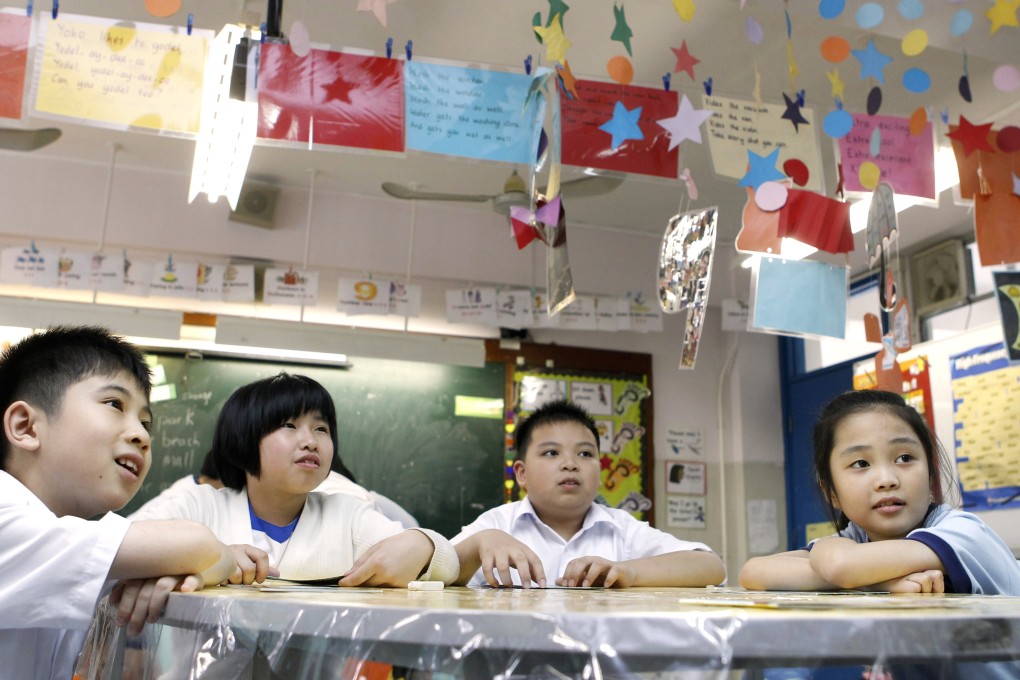Advertisement
Letters | Changes to Hong Kong’s NET scheme should not dilute its integrity
Readers discuss proposed alterations to the native English-speaking teacher scheme, and the undue focus on STEM subjects in gifted education
Reading Time:3 minutes
Why you can trust SCMP
0

Feel strongly about these letters, or any other aspects of the news? Share your views by emailing us your Letter to the Editor at letters@scmp.com or filling in this Google form. Submissions should not exceed 400 words, and must include your full name and address, plus a phone number for verification
I refer to “English teacher grants to be based on sector’s median pay” (March 21). While the proposed revisions to the native English-speaking teacher (NET) scheme aim to give schools flexibility, I believe they undermine the programme’s goals and risk compromising Hong Kong’s educational standards.
Past Education Bureau evaluations have shown strong support for the NET scheme among principals and local teachers, especially in fostering professional growth and a more dynamic learning environment. Parents and students have commended the scheme for enhancing English confidence and proficiency, and for its innovative teaching methods.
Critics who claim the scheme has fallen short frequently fail to account for the structural and environmental challenges NETs face: inflexible school cultures, an excessive focus on examination results and limited opportunities for integration. These limit NETs’ ability to implement transformative strategies.
NETs are on the same pay scale as local teachers. Delinking NET salaries from the master pay scale, eliminating benefits and allowing schools to hire less experienced individuals could erode professional standards.
When I joined the NET scheme’s advisory teaching team in 2005, it was evident most of our schoolchildren’s primary English literacy skills and knowledge were imparted through programmes developed by highly qualified NETs in the NET Section – the scheme’s professional arm – such as primary literacy programmes in reading and writing and, more recently, the Space Town literacy programme. Essential contributions such as these would be jeopardised by the proposed cash grant system under which schools could opt to accept a fixed grant rather than having to hire one NET teacher who is paid according to experience.
Advertisement